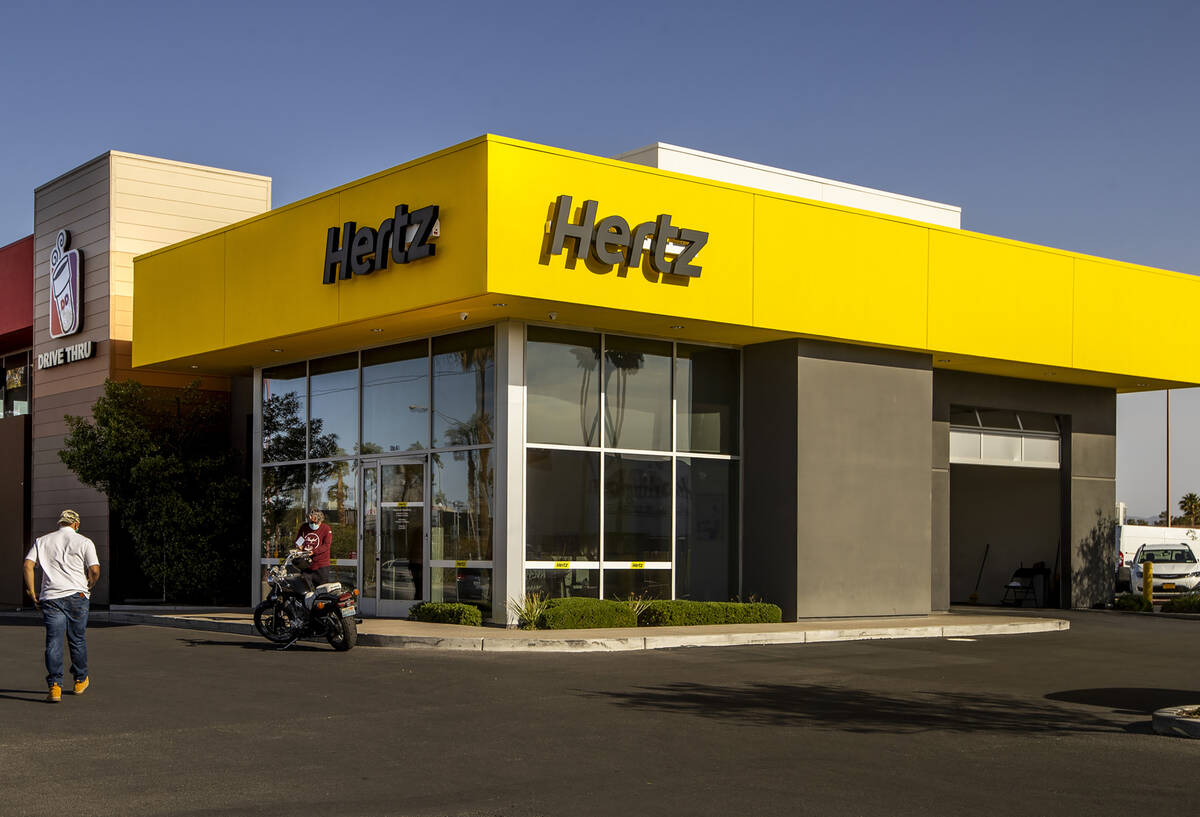EDITORIAL: Going all-in on EVs hurts. Just ask Hertz
Despite efforts by central planners to force Americans into electric vehicles, the overwhelming majority of consumers still prefer gasoline-powered cars. Failing to recognize that reality can be bad for business.
In 2021, the rental car company Hertz made a much-ballyhooed investment in electric vehicles. Company officials said they would purchase 100,000 Teslas to add to its rental fleet. At a reported $4.2 billion, it was the largest electric vehicle order ever. The move sent Tesla’s stock soaring, pushing its market cap to more than $1 trillion. Hertz said it planned to make around 50 percent of its half-million vehicles electric and build out its own charging network.
What a difference three years makes. Hertz is now in the process of offloading 20,000 EVs from its inventory. That’s around one-third of its entire EV lineup. Hertz has a division that sells used rental cars to consumers. Its price on used Teslas is around $25,000. Most are Model 3 sedans from 2022 and 2023.
That’s a great deal for anyone in the market for a used EV. But that market is shrinking.
“There’s no denying the crash in used electric vehicle values over the past year,” Karl Brauer, executive analyst at iSeeCars, said. “We’ve watched EVs prices fall between 30 and 40 percent since June of last year, while the average gas car’s price has dropped by just 3 to 7 percent in that same time frame.”
It doesn’t take a Ph.D. in economics to understand what’s happening. In response to government dictates, car companies have ramped up production of electric vehicles. But demand isn’t keeping pace. Hence, the major drop in price.
Most drivers want gasoline-powered vehicles. For one, they’re more convenient to refuel. Drivers can be in and out of a gas station in five minutes. Gas stations are ubiquitous, having been built up with private investment for decades. People with home chargers can avoid this dilemma, but they’re expensive and require a garage or other dedicated parking space.
By definition, travelers aren’t staying at their homes, so they have to find publicly available chargers. Go figure that’s not how most people want to spend their vacations or work trips.
Shortly after it announced its EV purchase three years ago, Hertz’s share price topped $35. It recently traded for under $3.50. That’s a 90 percent loss. Tesla’s market cap is down more than 50 percent since November 2021.
There’s nothing wrong with companies producing and selling EVs. But the market is far better arbiter of consumer tastes and wants than bureaucrats in the Biden administration or blue states issuing arbitrary edicts to appease green special interests.
As Hertz learned the hard way, going all in on EVs hurts.

















